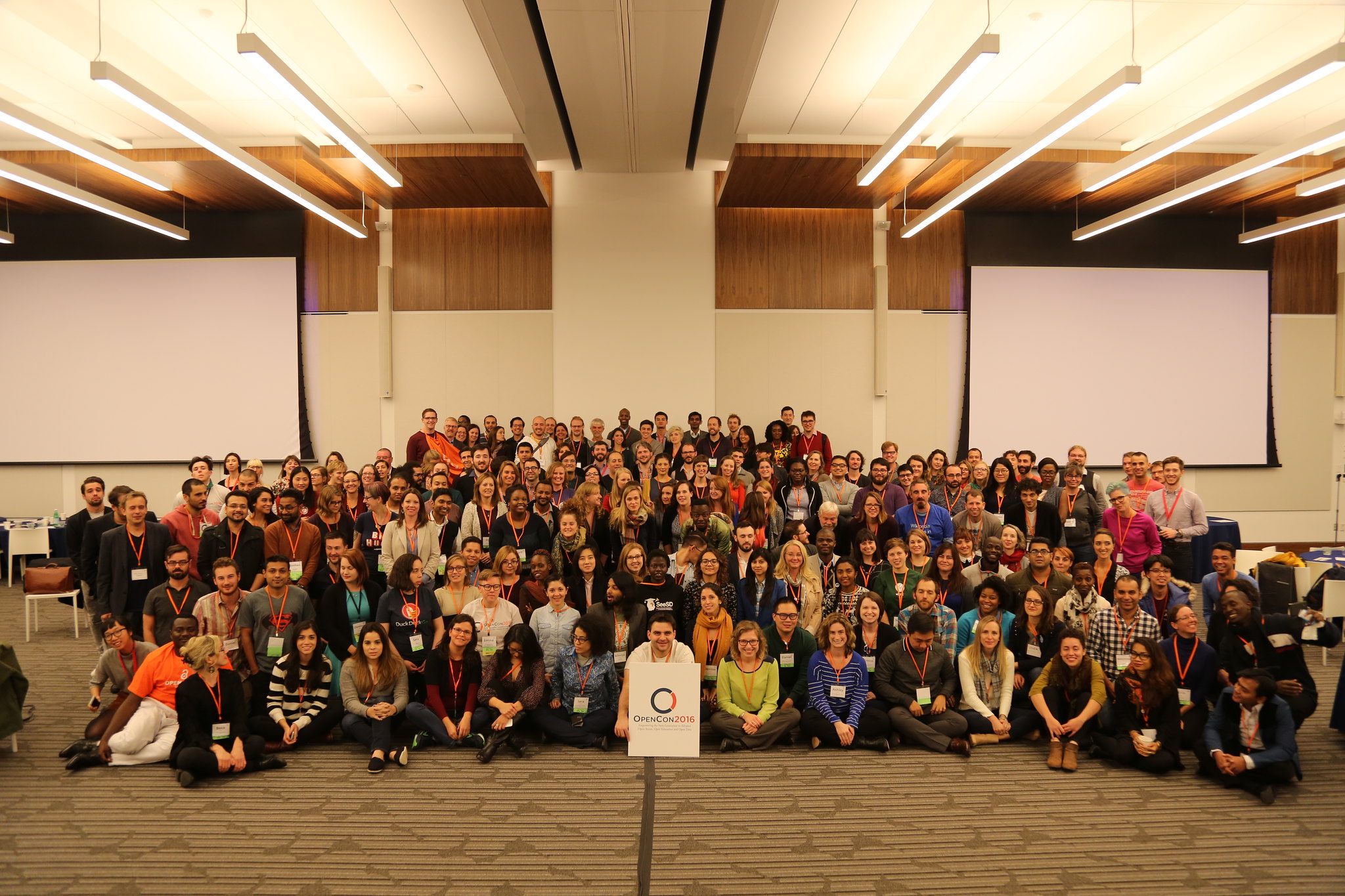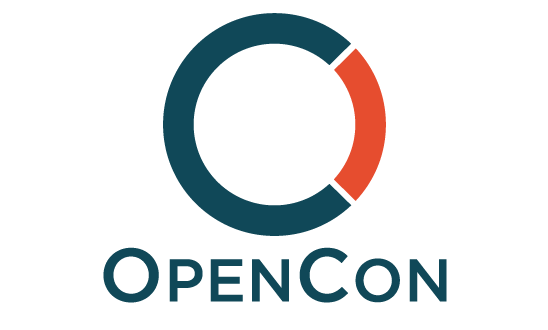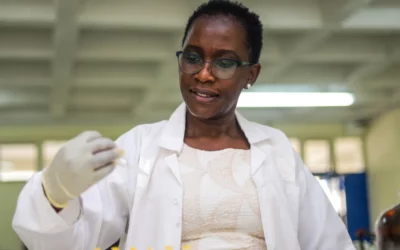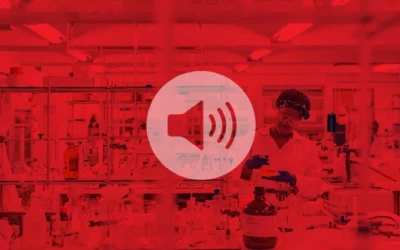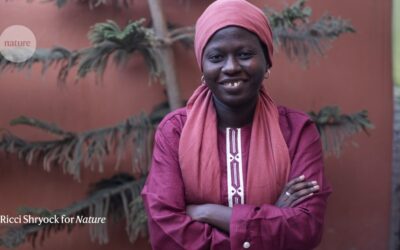By OpenCon
The goal of SeeSD Academy is to create open educational resources through a partnership with universities, K-12 schools, governmental institutions, NGOs and corporations. The open resources will be adapted to local challenges and translated into local languages. In Senegal, WOLOF, the main local language is spoken by more than 75% of the population. Providing resources in people’s native language is a key tool for effective learning and a way to expand our audience. In Senegal, more than 54% of the population have access to the Internet. According to the E-Learning Market Trends & Forecast 2014 – 2016 report released by Docebo, Senegal has the fastest growth rate in Africa when it comes to self-paced e-learning and is ranked number 8 worldwide. This makes it a great location to launch and test the feasibility of e-learning in developing countries.
The number of government-sponsored international scholarship programs has increased in recent decades. However, the requirements of scholarship programs cannot be fulfilled by those who live in villages, do not have opportunities to learn English, and have limited financial resources. Is there any point in giving scholarships to those who have already been enjoying privileges? In May 2015, Budi Waluyo carried out an innovative model of online learning specially designed to help those who live in disadvantaged conditions in Indonesia, named “Sekolah TOEFL”, a free online TOEFL course. It has reached about 100,000 people since its launch. The students live in different areas in Indonesia; some reside in foreign countries. They include professional workers, university students, housewives, and high school students. This project can be a prototype of searching for a sustainable online learning system for disadvantaged people to address barriers to higher education.
Education is currently one of the biggest concerns in Nigeria with a decline in the quality of education in recent years, which has resulted in the poor academic performance of students. Part of the solution is design an Open Education system that provides free and unrestricted access to digital resources that breaks barriers to information and enhances learning. To promote this, Grace Ihejiamaizu and her team is launching “StudySet”, an educational package that allows students access to study notes, test and examination questions and answers. StudySet also employs the services of professional teachers who are available to provide ongoing support and personalized feedback to students in real-time. This will allow students to gain easy and open access to resources, to save money from purchasing expensive textbooks and paying huge tuition for private classes.
Dr. Rachel Harding works as a postdoctoral fellow supervised by Prof. Cheryl Arrowsmith at the Structural Genomics Consortium, University of Toronto. Her research focuses on Huntington’s disease (HD) which is caused by a mutation in the huntingtin gene leading to neurodegeneration. Using biochemistry and structural biology methodologies, she studies how the mutation in the gene affects the resultant mutant protein structure, potentially pointing towards a disease mechanism. These are challenging questions that despite many years of research in multiple laboratories, so far have not been completely answered. Since February 2016, Dr Harding has been keeping an open lab notebook for the huntingtin structure-function project through the blog labscribbles.com and the data repository Zenodo. By sharing data widely and more quickly than is normally done in biomedical science, Dr Harding hopes to catalyze research on this disease.
Learn more: http://labscribbles.com/
Download slides
The Open Access Tracking Project (OATP) is a real-time alert service capturing the growth and development of open access using a combination of social tagging and open source software. In action, the Open Access Tracking Project (OATP) supports insight into the fast-paced developments surrounding the open access movement as they unfold, tagged for search and discoverability. This lightning talk provides a brief overview of project objectives, open source infrastructure, and future goals. The Open Acceass Tracking Project (OATP) is a project of the Harvard Open Access Project at the Berkman Klein Center for Internet & Society at Harvard University. The Harvard Open Access Project is funded by the Laura and John Arnold Foundation.
Learn more: bit.ly/o-a-t-p
The idea behind the Wikipedia Education Program (WEP) is simple: educators and students around the world contribute to Wikipedia and other Wikimedia projects in an academic setting. In four years, more than 10,000 students, many of whom were women, have participated in the WEP, adding 12 million words, the equivalent of 45,000 printed pages, to more than 10,000 Wikipedia articles in multiple languages. In 2014, Venus worked on the very first WEP in Hong Kong, and students were invited to edit the articles related to literature and linguistics on Wikipedia. The WEP plays an important role in Open Education, as it shows the relationship between education and technology. Nowadays, learning is not just about printed materials – technology is a crucial part of learning as well.
Learn more: https://outreach.wikimedia.org/wiki/Education
Download slides
Open Knowledge Maps allows you to visualize your topic of interest from a pool of over 28 million research papers. In this demo, we demonstrate how you can use knowledge maps not only to discover the literature that you need but also to improve your understanding of the structure of your research area. In short: we want to help you make your literature research more efficient and effective. Finally, we show you how you can openly share the results of your discovery with others. Because sharing is caring – and the time you and others save on literature research can be used to collaborate.
Learn more: http://openknowledgemaps.org/
Download slides
This presentation is on an effort in astronomy to make research software discoverable: the Astrophysics Source Code Library (ASCL, ascl.net). The ASCL is an online registry scientist written software used in research. Increasing the discoverability of research code helps to make science more transparent, open, and reproducible. The ASCL was started in 1999; in the past six years, its holdings have increased dramatically. It is indexed by Web of Science and the Astrophysics Data System, the main indexer for astronomy. It is citable, with citations accepted in every astronomy journal and doubling every year since 2012. The editor of the resource will share information about the resource and its expected expansion to cover additional disciplines.
Learn more: ascl.net
Download slides
Open Science is one of three priority areas for European research, science and innovation policy. A key challenge for policy-making in this emerging area, however, is a lack of evidence regarding Open Science. This project aimed to help produce evidence on trends in Open Science in Europe. Following an online consultation with researchers and policy makers on the trends in open science we chose three “trackable” aspects: Open Access, Open Research Data, and communication activities associated with Open Science. For each of these, we are developing indicators to allow us to look across Europe and the world, and between disciplines, at these trends. These indicators will be displayed on our monitor website, along with information on other trends of interest which are currently not as easy to track due to data availability, such as Citizen Science, and Open Education. We are also developing case studies on the impact of Open Science, and a section on the drivers and barriers of Open Science.
Learn more: http://www.rand.org/randeurope/research/projects/open-science-monitor.html
The Rebus Community is built on the principles of commons-based peer production – combining open communication, open licenses and open tools to facilitate Open Textbook production. Members of the community can come together on a forum to discuss questions around and best practices for textbook production, adoption, institutional programs and anything else related to Open Textbooks. They are also offered access to the Community Press, a book production platform, for CC-BY licensed textbooks projects and a dedicated project management tool is in development. The Community is designed to make contributing to an Open Textbook easy for everyone; not just those with the time and expertise to write a chapter. Tasks like proofreading, editing, formatting, image sourcing, cover design and many others are open to anyone willing to contribute. The Rebus Community seeks to build a community of practice that, together, can develop a new model of Open Textbook publishing.
Learn more: http://www.rebuspress.com.au/selfpublish.html
TOver the past 15 years, many organizations have instituted open research data policies. As more organizations create robust data portals, we should consider other avenues for opening data in academia. Administrative and educational datasets provided openly by higher education institutions are useful for research in sociology, political science, education, and other social science disciplines. Additionally, they can provide context and potential solutions for ongoing issues in higher education, including grade inflation, academic and research fraud, and community relations. The goal of this presentation is to foster conversation around strategies for opening administrative and educational data. It will highlight the Open Academic Data wiki as a tool for discussing and maintaining best practices around opening all kinds of data in academia.
Learn more: http://openacademicdata.org/wiki/Open_Academic_Data
There is no field of expertise where open is more important than in health. Not having access to crucial study results is decelarating the translation of research from bench to bedside. Intransparent underlying data is leading to biased decision making. Problems in accessing teaching materials in faculties around the world results in unequal education of medical students. Patients and public are those who pay. I believe, that not only the global health community, but the scientific community as a whole needs to have an informed discussion on how to practically implement elements of more collaborative and open science. There is more than talking to be done – We need to change the narrative around Open Science in health – something that can only happen through collective efforts. Let’s start driving change now.
Download slides
Cognoma is an open-source/citizen-science philanthropy being developed as a collaboration between the Greene Lab at Penn and the DataPhilly and Code for Philly meetups. This arrangement leverages the collective fullstack expertise of our diverse contributor base. Hitherto, hundreds of individuals have attended Cognoma meetups, and more than fifty have gotten involved on GitHub (https://github.com/cognoma/cognoma). Our priorities are “everyone learns something new” and “putting machine learning in the hands of cancer biologists.” Our product is cognoma.org, a webapp that makes it easy to build mutation classifiers from gene expression on The Cancer Genome Atlas data.
Learn more: https://github.com/cognoma/cognoma
Download slides
Later this month, the MLA will be opening up its open access repository, CORE, to anyone working in the humanities. CORE will become the lynchpin of the Andrew W. Mellon Foundation-funded Humanities Commons, a network of scholarly commons with an interdisciplinary hub open to all humanities practitioners at its center. Anyone who joins Humanities Commons will be able to join and create discussion groups, build WordPress sites and blogs, and deposit their articles, multimedia presentations, white papers, syllabi, and code in a library-quality archive before sharing it with the network—and the world.
Learn more: news.hcommons.org
Download slides
Since 2014, Karisma Foundation, a civil society organization in Colombia, who defend human rights on the Internet has been leading the “Sharing is not a crime” campaign, which promotes open access and non-criminalization of the act of sharing knowledge on the Internet. We gave visibility to Colombia’s Diego Gómez biologist case, who is facing a criminal prosecution for copyright, for sharing a thesis on the Internet. This case is a clear example of the kind of discussion that society faces when we try to apply a set of laws designed decades ago to a common practice on the Internet. These laws ignore the changes that have generated Internet as a tool for creation, production and distribution of content. We believed the “Sharing is not a crime” campaign has become a global reference in issues related to advocacy and open access.
Learn more: https://www.karisma.org.co/compartirnoesdelito/?page_id=209
Download slides
Open Education Consortium (OEC) is a global network of educational institutions, individuals and organizations that support an approach to education based on openness, including collaboration, innovation and collective development and use of open educational materials. Our mission is to promote, support and advance openness in education around the world. OEC projects and initiatives include (1) Open Education Week 2017 (2) The Open Education Global 2017 Conference – an annual opportunity for researchers, practitioners, policy makers and educators to deeply explore open education and its impact on global education, (3) The Open Education Awards for Excellence – which provide annual recognition to outstanding contributions in the Open Education community and recognize distinctive OERs, Open Projects & Initiatives, as well as exemplary leaders in Open Education worldwide and (4) The Year of Open (2017)
Learn more: http://www.oeconsortium.org/
Download slides
IThe presentation introduces the Directory of Free Arab Journals (DFAJ) and the group of volunteers who have created it. DFAJ is a growing database (available at http://dfaj.net) of 250 free online journals published by universities and research centers across the 17 Arab countries. It was built with the aim of enhancing the exposure of scholarly content produced by Arab researchers. At the moment, it provides bibliographic information about each journal and classify them according to Dewey’s decimal classification system. The presentation will touch upon the difficulties faced in collecting data about online journals in the Arab World and the different ways to go around them. Future plans for DFAJ will be revealed along with a call for support from the audience.
Learn more: http://www.dfaj.net/
Download slides
The NCSU Libraries’ Alt-Textbook program has had success with creating pedagogically innovative Open Educational Resources. Now in our third year, we are doing something a little different to have a broader impact on our student body. We collected library usage data for textbooks and identified courses with expensive textbooks, high textbook circulation, and high enrolment. We will use this data to empower students. We have been cultivating relationships with campus student groups & governments. Using the momentum of other student-focused outreach, we’ve begun to plan for a student leaders forum. In this forum, we will arm students with our collected data, and train students to become successful and powerful advocates. By using the Libraries’ resources and institutional knowledge, as well as the powerful voice of students who will benefit directly from Open Education, we can create a sustainable and productive framework for student advocacy.
Download slides
Wikipedia’s citations are the largest curated bibliography in the world. They are the foundation of Wikipedia’s reliability and verifiability. They are also the top-6 referrer to all CrossRef DOIs online. Since 2011 the Wikipedia Library program has arranged free access for top editors to prohibitively expensive databases like JSTOR and EBSCO. This has made Wikipedia’s content better, but our citations are still too often closed for readers without institutional affiliations. OABOT is a project partnership between the Wikipedia Library and Antonin Delpeuch (developer of Dissemin) to address this. Dissemin can intelligently parse a citation and then search through hundreds of repositories to find a compatible free-to-read version. OABOT uses Dissemin to crawl Wikipedia, sending Dissemin citations and getting back free-to-read links which are placed directly in the same Wikipedia citation, and flagged with a green free-to-read open lock. OABOT will make Wikipedia’s citations even more open and more valuable, helping push publishers and authors to make repository copies available and machine-discoverable so that they can wind up on Wikipedia’s immensely trafficked pages.
Download slides
SocArxiv’s mission is to provide an open-source, open-access, platform run by and for the research community that offers new opportunities to change the culture of scholarly communication among social scientists. In addition to building the technology, which is under the direction of the Center for Open Science, the challenge for our archive is to develop a system that will reach social scientists and bring them toward an open-facing approach to their careers. We have an outreach, cultural, and community-building challenge. Many social scientists have basic concerns such as, “What if my paper isn’t ready, or I’m wrong?” “What if someone steals my ideas?” “What if publishing working papers means I can’t publish in a journal later?” We are engaging scholars to address these concerns, while building a free, open, easy to use repository with tangible benefits to researchers up front. The platform will facilitate discovery, citability, collaboration, and social interaction.
Learn more: SocArxiv.org
Download slides
PLOS is making the PLOS corpus available to download. All of PLOS refers to the whole PLOS corpus of published content since we launched in 2003 all the way up until October 2016.
Download here: plos.io/allofplos
Download slides

